 A recent essay from Australian novelist Christos Tsiolkas struck a chord with me and made me suddenly aware I had been afflicted with POA or Permanent Outrage Arousal. This is a disorder whose symptoms include chronic tweeting on social media, sudden and unexpected swearing often directed at politicians and repeated shouting at conservatives, racists or homophobes (some of whom may also be politicians). There’s plenty to be outraged about these days but where does all that outrage go and is it good for the human spirit to be continually irate? And is it just an idle dalliance of the ‘chattering classes’ and ‘elites’ to be continually outraged by what is not ‘politically correct’? These are uncomfortable questions that I believe need to be asked.
A recent essay from Australian novelist Christos Tsiolkas struck a chord with me and made me suddenly aware I had been afflicted with POA or Permanent Outrage Arousal. This is a disorder whose symptoms include chronic tweeting on social media, sudden and unexpected swearing often directed at politicians and repeated shouting at conservatives, racists or homophobes (some of whom may also be politicians). There’s plenty to be outraged about these days but where does all that outrage go and is it good for the human spirit to be continually irate? And is it just an idle dalliance of the ‘chattering classes’ and ‘elites’ to be continually outraged by what is not ‘politically correct’? These are uncomfortable questions that I believe need to be asked.
Tsiolkas points out that the rage made apparent by the Trumpists, the Brexits, the Hansonites and all the “disenfranchised white working class of the globalised capitalist world” does have a common narrative.
“The story goes that the fury is the dying gasp of the dead white male, resisting his vanquishing by history and economics.”
Those of us who identify more with the Left of politics appear to have suddenly found ourselves in a stark opposition to this disenfranchised, under-educated, unemployable mostly male phalanx who have been scared witless by the rise of globalisation, multiculturalism, feminism, gay rights and all the other inner city liberation causes. Large groups have been disenfranchised by the rapid changes in society; the loss of manufacturing, the collapse of the nuclear family and the changing role of men without the support of institutions whose moral authority has been eroded by corruption, abuse and misuse of power. And somehow while we weren’t watching, the extreme Right has managed to hijack the working class agenda – decent jobs, fair wages and affordable housing.
I suddenly find myself in stark opposition to those ‘disenfranchised white working class’ who opt for racist, misogynist or homophobic solutions but I have to remember that the two opposing groups don’t neatly fit. The ‘elites’ too are often racist, misogynist or homophobic too. It’s hard to know sometimes where one fits in.
 My father came from a working class family, whose members worked on the South Australian railways or on farms and he was forced to leave school at the age of twelve. His first job was washing bottles in a pharmacy before himself working in the railways. And yet in less than forty years he had built up his own successful business and suddenly we, his children, were elevated into a class that allowed for all the advantages we now take for granted – higher education, travel, home ownership, satisfying employment.
My father came from a working class family, whose members worked on the South Australian railways or on farms and he was forced to leave school at the age of twelve. His first job was washing bottles in a pharmacy before himself working in the railways. And yet in less than forty years he had built up his own successful business and suddenly we, his children, were elevated into a class that allowed for all the advantages we now take for granted – higher education, travel, home ownership, satisfying employment.
So my interests come from a position of privilege – books, films, travel, the opportunity to write and be published. These all stem from the changed status of my family when I was growing up. I won’t deny them but the dilemma lies in asking whether my privileged status puts me out of touch with that ‘disenfranchised white working class’?
But I’m unable to stay silent where enforcing the rights of minorities is held responsible for loss of opportunity for others, where racism becomes the response to job loss, where restricting hate or racist speech suddenly is an attack on free speech, where cruel refugee policy becomes an excuse for keeping us ‘safe’.
 The emergence of the angry, populist Brexit/ Trumpist/Hansonite juggernaut is a wake-up call to those of us who have allowed a whole group of people to be swept aside while we were being dazzled by the globalised, privileged elites, over educated and over privileged. We allowed manufacturing in Australia to decelerate and die and looked the other way while workers went on the dole or retired early. The Labor party in Australia has been as responsible as any other group for this neglect.
The emergence of the angry, populist Brexit/ Trumpist/Hansonite juggernaut is a wake-up call to those of us who have allowed a whole group of people to be swept aside while we were being dazzled by the globalised, privileged elites, over educated and over privileged. We allowed manufacturing in Australia to decelerate and die and looked the other way while workers went on the dole or retired early. The Labor party in Australia has been as responsible as any other group for this neglect.
At a recent Non-Fiction writing festival an audience member asked a prominent Labor politician why the Party had allowed itself to go from Economy to First class, leaving a bulk of its members behind. There’s something in this complaint. Why have the super educated and privileged of us allowed this underclass of undereducated, unemployed to grow? No wonder they are fighting back. As Tsiolkas remarks: “Many working people no longer feel that the traditional parties of the left and of social democracy speak to them.”
The Ford Motor company here in nearby Geelong closed its doors last October after shedding jobs for years. It had been making cars here since 1925 and was the largest employer in Geelong. My father used to come here in the 50s and 60s to collect cars to sell in his Murray Bridge garage. The suburb around the Geelong plant is now full of multi-generational unemployed families and the go-to area in Geelong for drugs and crime.
The challenge for me lies in deciding how to take a firm stand on human rights without being written off as just a member of a privileged elite. How to find solutions for those who feel disenfranchised with out appearing patronising. I’ve begun to doubt the effectiveness of merely shouting into the echo-chamber of social media every time I’m outraged. Tsiolkas again nails this succinctly when he says: “Politics, performed in front of a computer screen, with the individual sitting alone in their room, has become masturbation.”
Tsiolkas ranges widely in the discussion which he entitles “the politics of rage” and his essay seems to be an argument against falling into a simplistic ‘them’ and ‘us’ dichotomy in politics. While we may resist the policies of the Brexits, Trumpists and Hansonites, it would be foolish to respond by merely shouting at them and expecting them to go away. As long as there are those who have been disadvantaged by the ‘trickle down’ economics’ of the past few years, they’re not going anywhere. It’s a difficult time to understand where our democracy is heading but Tsiolkas’ contribution is well worth paying attention to.
I have also grown to distrust rage no matter how passionately or sincerely held. If climate change matters, if a more compassionate and just treatment of asylum seekers matters, if economic justice matters, and if human liberty and freedom of expression matter, and I sincerely believe all of them do matter, we have to find other ways of communicating our convictions. In our parliament, at our work, online and in print, with our friends and with our families. Outside our bubbles. Of course, we can’t be silent and we mustn’t shut up, no matter how uncomfortable or difficult that might be at times, but this rage and this pornography of wrath, it is proving dangerous.
Christos Tsiolkas’ full essay is available here at The Monthly


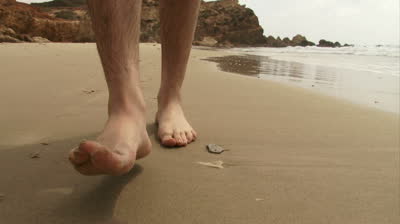
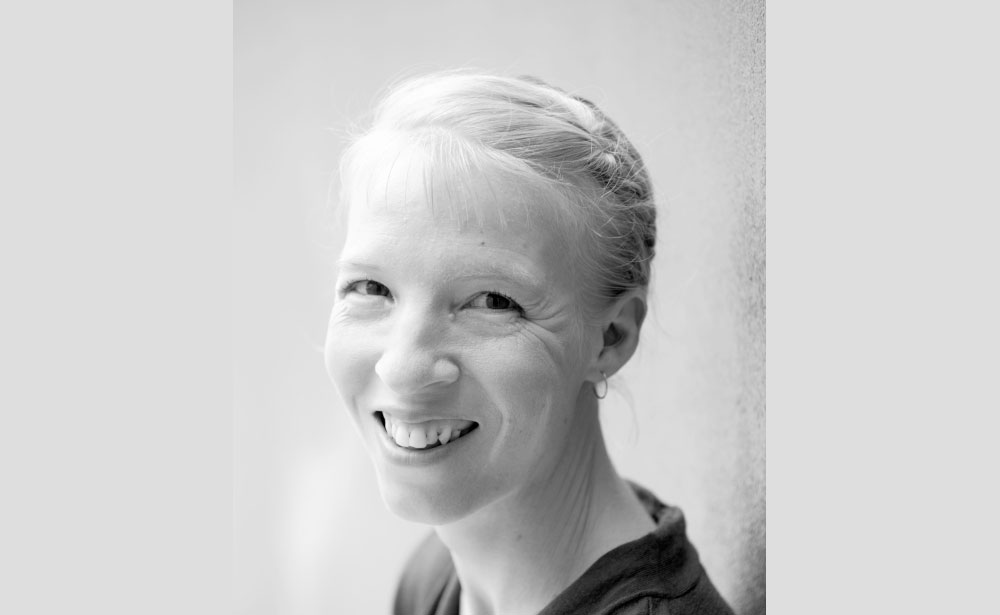
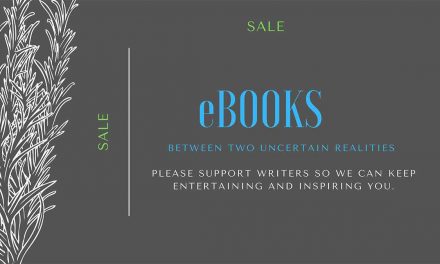
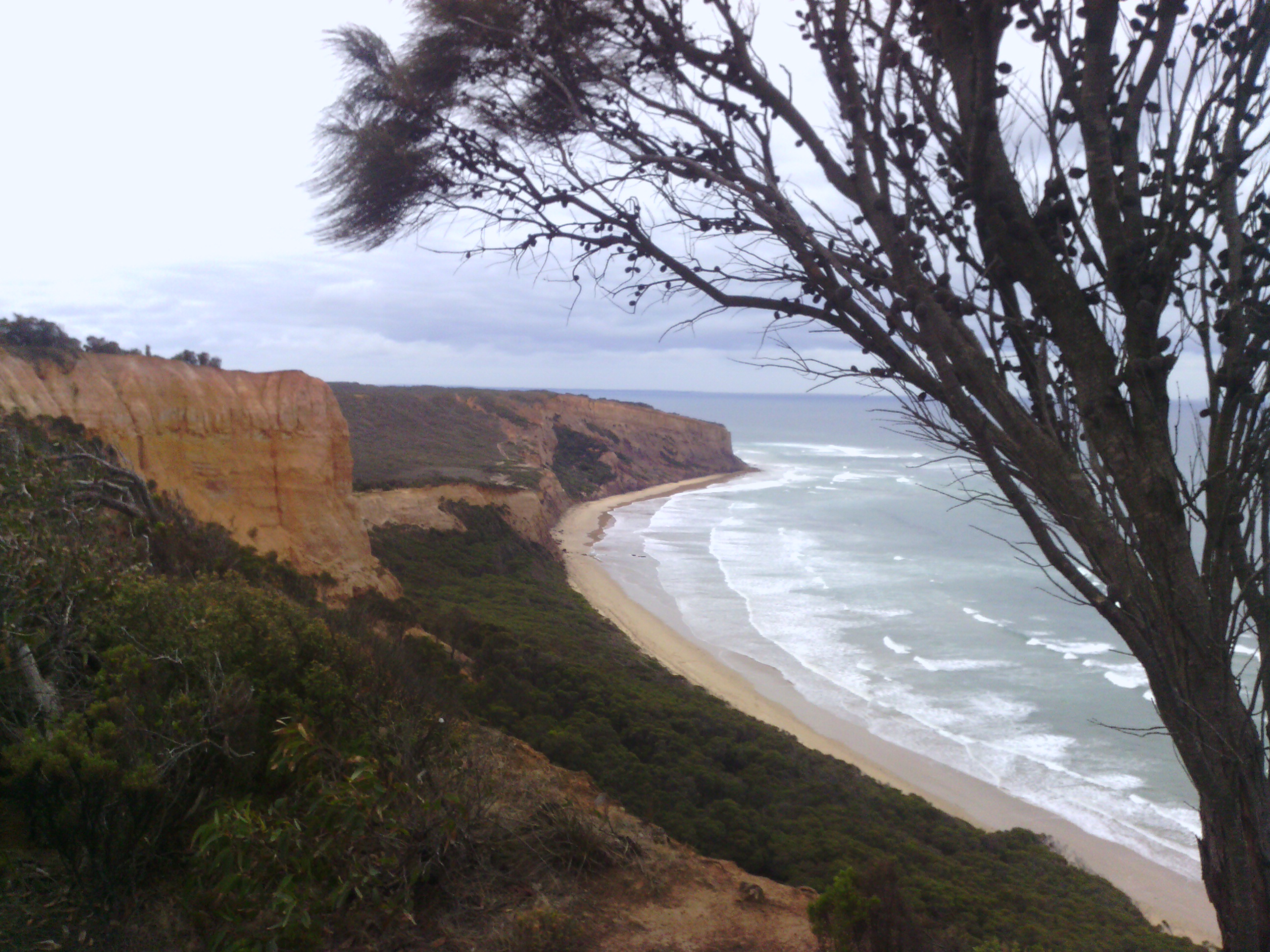
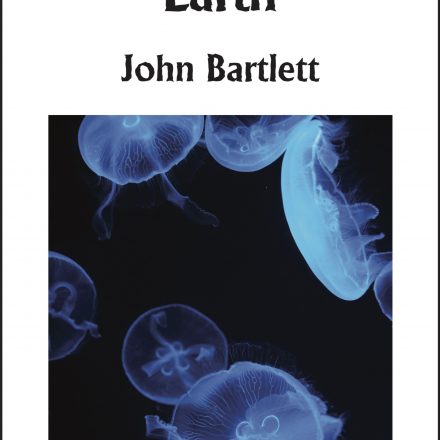
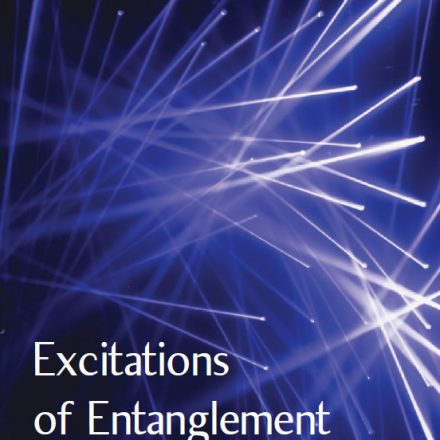
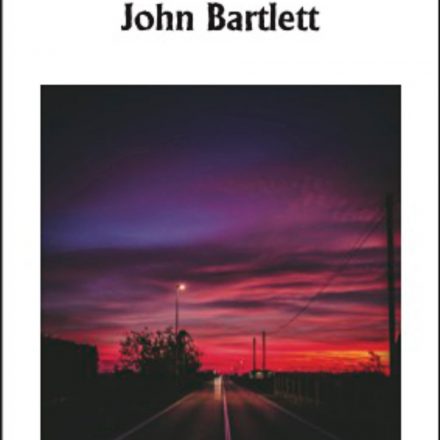
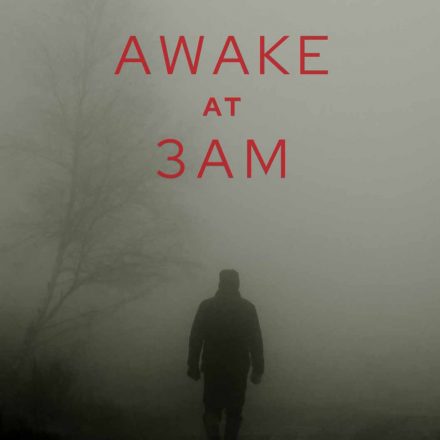
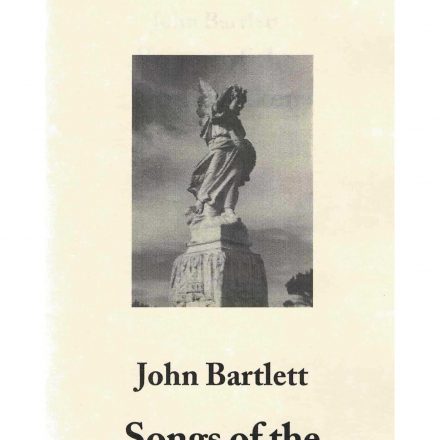

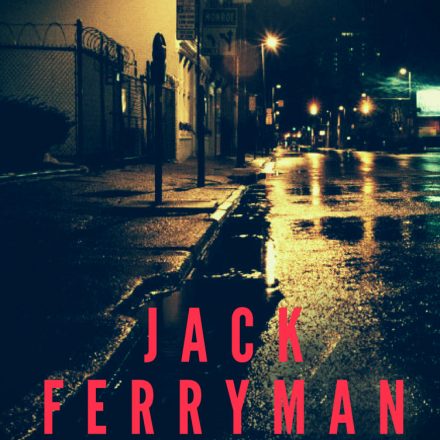
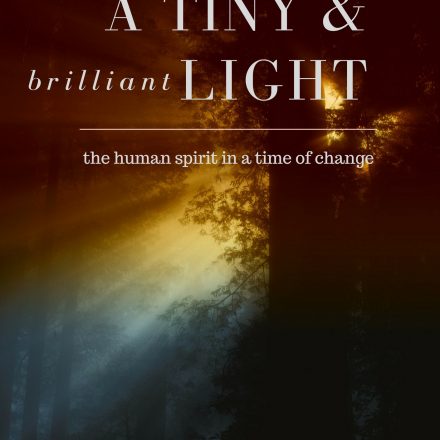

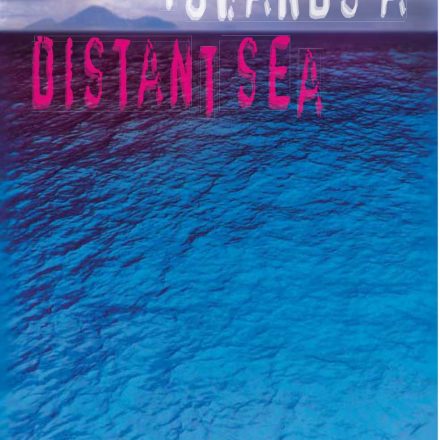





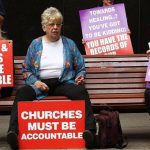



An excellent comment on Tsiolkas’s essay, John. Rather than responding in kind, I prefer to offer a more personal comment, arising from the concerns my wife and I have for our son and daughter-in-law, both Asian Americans, now living in the generally liberal Pacific northwest city of Portland, Oregon.
Following the presidential election campaign, we noted the increasing anger in our son’s Facebook posts as every Trump rally was highlighted by explicit hate speech, later to be laundered and rationalised by the rightist media, and acclaimed by those supporting Trump “to make America great again.” Anger because that is how our son reacts to threat … a learned response because from high school and university into his young adult years, he faced far too many racial taunts, some of which were accompanied by pushing and shoving. The worst were warm-ups to knife attacks.
Fortunately, I had insisted that he learn martial arts from early primary school age because I’ve never had any illusions that Melbourne streets after dark were particularly safe for Asian Australians. Unfortunately, he has had to use those skills many times, one night continuing to fight despite a knife wound in the stomach. Now, having married an American citizen, also originally from Southeast Asia, he recently confirmed that they are staying in USA.
And then came Trump with his rallies full of poisonous anger against Mexicans – ‘build a wall’; Latin American immigrants – ‘illegals, send them back’; Muslims – ‘terrorists, refuse them entry’; even African Americans – ‘street crime, reintroduce stop and search’.
Some of Trump’s post-election comments have softened the raw anger and hatred in these campaign pitches but the damage has been done. For about 45 years since the civil rights movement, Federal Administrations, both Republican and Democrat, have maintained constraints on such divisive public rants; but now those constraints have been lifted. Trump has normalised race hatred, including distrust of Latin Americans and a mixture of fear and suspicion of Muslims. Hispanic Americans are told to go back where they came from; Muslim women are abused for wearing the hijab; swastikas, Confederate flags and hate slogans are painted on buildings and vehicles, even in Portland.
A couple of days ago at our neighbourhood Christmas get-together: a fun gathering of neighbours, some of whom we only ever see at this annual event; everybody BYO everything; and plenty of interesting topics of conversation, naturally this year, including the American election and “the meaning of Trump as president”. The two very pleasant, highly educated fellows with whom I was chatting, wrote off my concerns, insisting that hate speech and daubing swastikas and Confederate flags was just “people letting off steam”; the only real issue being the loss of manufacturing jobs putting literally thousands out of work.
Clearly, John, you and Christos Tsiolkas have a more comprehensive awareness of the multiple risks in a Trump presidency, the anger already unleashed by him, and now the anger generated among targeted and potentially targeted communities from people who, like our son, have learnt that in the real world, you cannot afford to turn the other cheek.